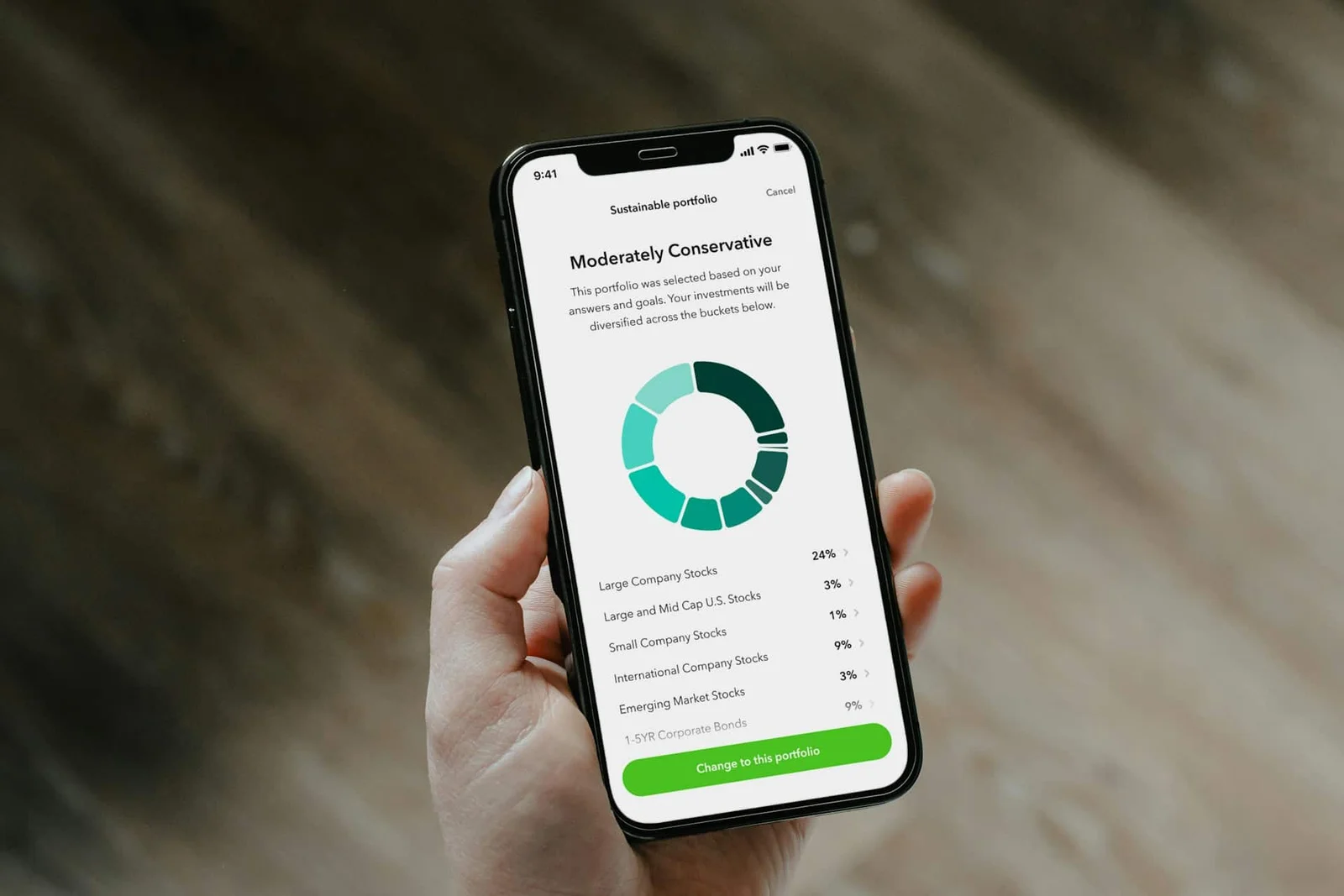The increasing interconnectedness of financial markets and technological advancements in today’s global economy have made investing internationally more appealing for many individuals looking to diversify their portfolios.
Diversification is a key advantage of international investments as it helps reduce risks by investing in various markets. Exposure to different currencies can also provide protection against economic and political fluctuations that may impact the real value.
The global realm of investments may pose various difficulties and intricacies. In this article, we will provide an outline of international investments, discussing their benefits, challenges, and initial strategies for entering this market.
What do international investments involve?
International investments involve investing financial resources outside the country to benefit from the economic growth of developing countries or industries, which may outperform specific economies at times.
Investors are drawn to this viewpoint for potential profits and a broader understanding of global trends. Yet, international investments come with various risks and challenges, requiring thorough market research and assessment of each region’s specifics.
Why should you consider investing in assets from overseas?
Variation of assets
Investors can diversify their portfolios by investing in assets from around the world, reducing the risk of being overly exposed to a single economy or sector.
Accessing new markets
Investing in foreign markets provides opportunities to benefit from unique global trends and opportunities by tapping into markets and sectors at varying stages of development.
Opportunities for growth
Investing in countries or regions with growth potential can provide the opportunity for increased returns, but it also comes with greater risk.
Volatility Protection
Investing in foreign currencies provides protection against various economic fluctuations that could potentially affect your finances.
Tax optimization opportunities
Some nations provide tax benefits for overseas investors, making global investments an attractive choice for reducing tax liabilities.
Access to global corporations
By investing in foreign markets, you can engage with top multinational firms in your sector, offering stability and increased growth prospects due to their diverse operations.
Investing in assets from other countries comes with drawbacks.
Foreign exchange risks
Investing in foreign currencies exposes investors to exchange risks, as fluctuations in exchange rates can have a negative impact on asset values and affect returns in local currency.
Sudden shifts in a country’s economic or political situation can impact the exchange rate and therefore affect investment performance.
Political and governmental risk
Each nation has its own set of laws, which may result in modifications to the regulations that can have an adverse impact on investments.
Cultural and language obstacles
Investing in global markets can be difficult due to the need to comprehend various cultures and business customs, as well as the potential hindrance of decision-making caused by unfamiliarity with local matters, which can impact investment effectiveness and success.
Expenses and duties
Investing in assets from other countries may involve extra expenses like currency conversion, safekeeping, trading fees, and taxes on earnings. These expenses can lower overall returns and impact the profitability of your investments.
Limited data
Accessing accurate and current information about international companies and markets can be challenging. Information disparities may result in incorrect decisions and higher risks.
Considerations for beginning investments outside of Brazil
It’s crucial to research the market thoroughly before making any investment decisions. This involves familiarizing yourself with the economic conditions of the country, its fiscal regulations, and the financial market dynamics. Having this knowledge will enable you to spot opportunities and assess risks effectively.
The fluctuation of exchange rates can have a significant effect on the performance of foreign investments in local currency, so individuals looking to invest abroad should take into account exchange rate risks and create plans to reduce them.
Diversification in international investments is crucial and should be tailored to align with your investment goals and risk tolerance.
Types of global investments
Global stock market
Investing in foreign companies is a popular method for engaging in global markets, whether by purchasing shares in individual companies or through international stock funds that offer a range of stocks from different regions worldwide.
Foreign bonds
International fixed-income securities like government or corporate bonds are another choice for investing. They provide a steady income and involve lending money to foreign entities in exchange for interest payments.
Mutual Funds and Global ETFs
Mutual funds and international ETFs provide a way to spread investments across various international assets, managed by professionals and comprising stocks, bonds, and other financial instruments from diverse countries and sectors.
Investing directly in property
Investing in overseas properties is a choice for investors looking to diversify their real estate portfolio internationally. This can involve purchasing properties like apartments or houses directly, or investing in real estate funds.
Primary expenses
Correction and incarceration rates
Brokers charge fees for executing trades and holding assets. It is advised to compare brokers and their fee schedules to select the most appropriate choice for your investment needs.
Earnings taxes
Investors may face taxation on profits earned, which can differ based on the country of origin of Brazilian assets and tax regulations. Seeking guidance from a specialist is essential to comprehend the tax responsibilities associated with these investments.
Bank rates and exchange rates
Remitting money overseas and converting currencies incur fees and charges, with exchange rate fluctuations potentially influencing conversion expenses and the overall value of foreign investments in the local currency.
International fees for managing funds
Investors who invest in mutual funds or international ETFs will be charged administration fees by the fund manager, so it’s crucial to assess the related fees and expenses to make sure they match your return goals.
International investment guide in a systematic manner
Establish your objectives and assess your risk tolerance.
Before starting international investments, it’s important to establish your financial objectives and grasp your risk tolerance. Assess your readiness to take risks and decide how much money you are prepared to dedicate to this investment strategy.
Explore and find markets abroad.
Research is crucial before investing in international markets. Familiarize yourself with key markets and regions, and understand their unique characteristics.
Select the appropriate investment vehicle.
There are various methods to invest globally, so select the one that matches your objectives and inclinations, considering diversification and risk tolerance.
Conclusion
Investing in foreign markets can provide a compelling chance for diversification and expanding one’s portfolio. Understanding the primary expenses involved is crucial in determining the viability of this choice for your investment portfolio.
International investments can be a valuable component of any investor’s financial path when they make deliberate and thoughtful decisions.











Comments